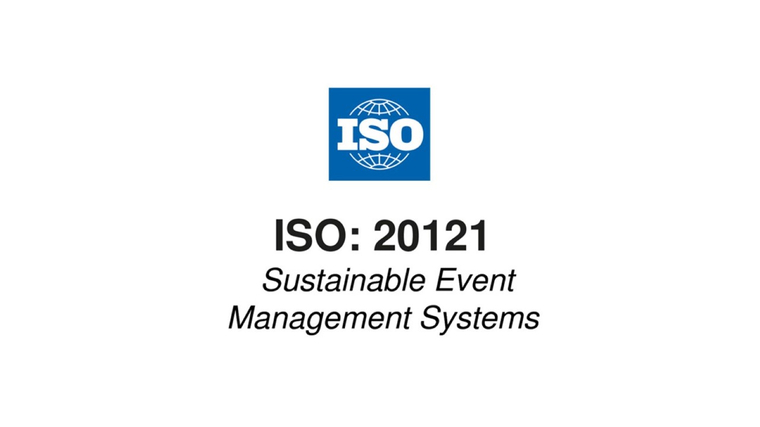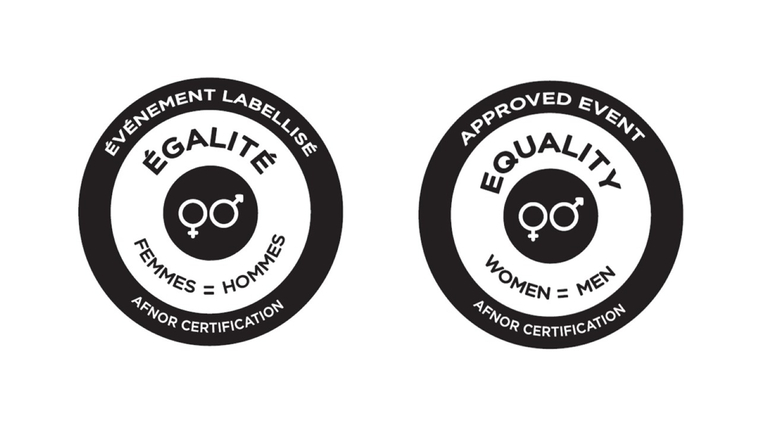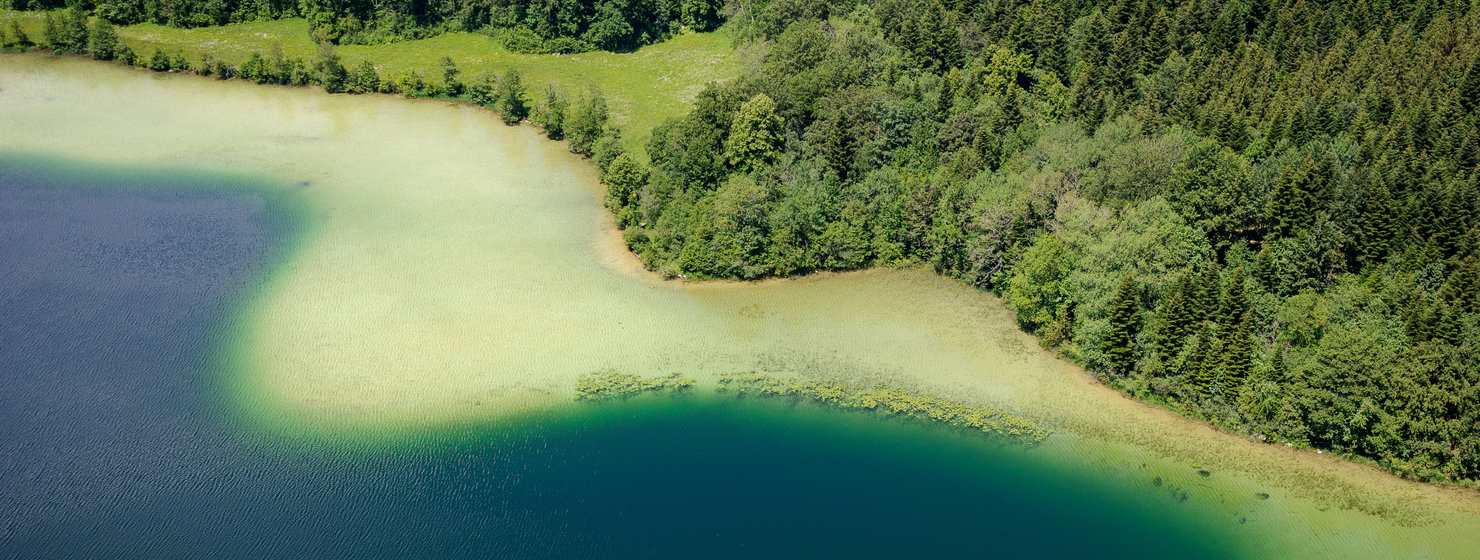For the French Presidency of the G7, fighting inequality is a priority. This commitment concerns inequality between men and women, and inequality caused by harm to the environment.
In keeping with these underlying goals, the French G7 Presidency is keen to ensure that the Biarritz Summit and the ministerial meetings throughout 2019 reflect these dual concerns.
It has made significant efforts to:
- Obtain ISO 20121 certification for the Biarritz Summit. Most of the G7 ministerial meetings were certified ISO 20121, demonstrating our strong commitment to sustainable development;
- Create an “Equality at a Major Event” label that applies to all G7 ministerial meetings and the Biarritz Summit. All events to date have received this label, committing through very tangible actions covering the 10 fields required by the label.
ISO 20121 certification

France’s desire to make the G7 Summit sustainable by obtaining ISO 20121 certification follows on from actions to organize the COP21 event in Paris in 2015. We wish to maintain and expand these efforts, particularly in view of the 2024 Olympic Games, which will take place in France.
France’s efforts to obtain ISO 20121 certification for the Biarritz Summit were guided by the following priorities:
- Controlling the ecological footprint through limiting and precisely calculating the G7 Summit’s greenhouse gas emissions as well as processing and recycling resources and waste: zero disposable plastics, reuse and food donations, use of filtered mains water, cardboard cups, etc. Moreover, an ambitious carbon offsetting project, situated near the Summit venue, is being implemented in the Hergarai Valley in the Basque country. This reforestation project, which also includes a biodiversity dimension, with the reintroduction of the local black bee, and an economic dimension, concerning the wood energy sector in a short supply chain, which will be the first French project to receive the “low-carbon” label. An international offsetting programme is also being launched in Mali, in partnership with the non-profit organization GERES.
- Fostering equality and inclusion by ensuring balanced representation of men and women during the Summit, combating stereotypes and mainstreaming the issue through all ministerial meetings and at the G7 Summit, as well as drawing on the work of the G7 Gender Equality Advisory Council. A support unit has been created in case of discrimination, and partnerships are being encouraged with female entrepreneurs, such as the Basque textile creators from Filao FABRIC. All publics, including young people, people with disabilities, and members of civil society, are invited to contribute to discussions and preparation of working sessions;
- Changing internal practices by encouraging the sharing of a guide on best management practices with all those involved in events;
- Promoting regions and local initiatives by getting local businesses, producers and entrepreneurs involved in organizing the summit, giving them an opportunity to showcase their expertise and promote their regions. A map is being created to help journalists dine locally in 600 partner restaurants in the Basque country, and a local caterer has been taken on to offer high-quality products from short supply chains.
Find out more:
An equality label for events

The French President wishes to make gender equality a global priority. For this reason, France, as part of its G7 Presidency, has become the first country to create an equality label for the organization of events.
The G7 ministerial meetings (as well as the G7 Summit in Biarritz) are the first international events to receive gender equality labels.
To obtain this label, which is awarded by the French standardization agency AFNOR, the organizers of the Biarritz Summit and ministerial meetings have set an example in the following ways:
- taking into account professional equality and parity policy;
- ensuring that the agenda for each event includes a question on promoting gender equality;
- opting for non-stereotyped communication tools;
- promoting innovative initiatives and efforts to adopt best practices.
The equality label, awarded by AFNOR, is a new way of raising awareness of this issue. Thanks to the French G7 Presidency, it will ensure that gender equality gains visibility at the international level.
Credits cover photo: © Arnaud Bouissou - Terra
